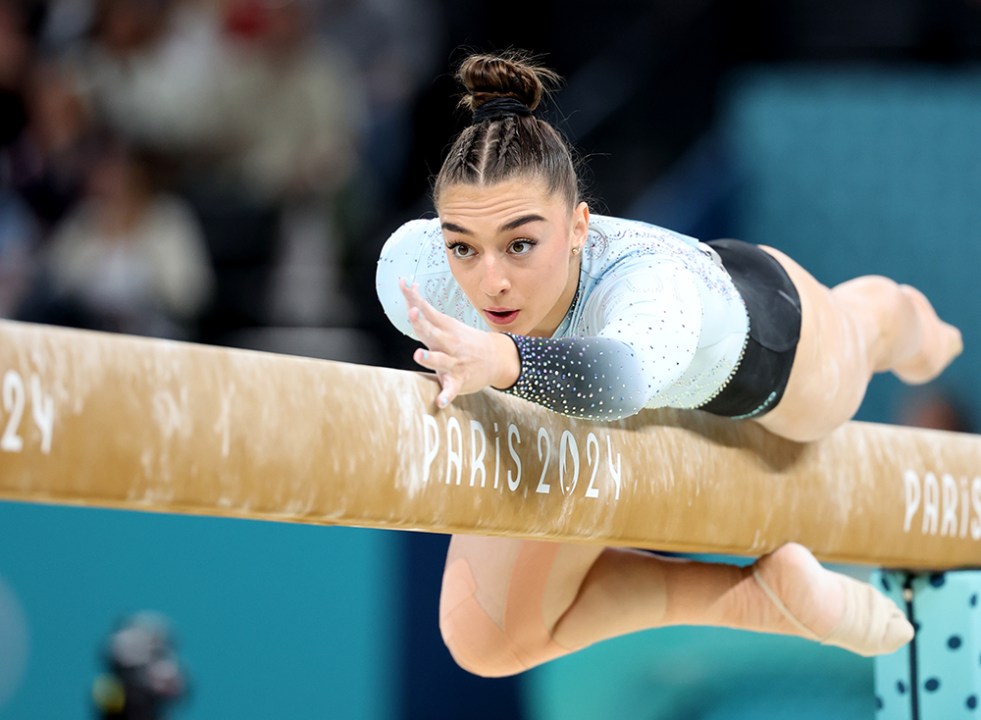It is agreed that the National Lottery revolutionised British athletics, pouring money into the training of athletes with potential, especially in expensive sports like rowing. In the ancient Olympics, only the equine events demanded serious financial outlay – in theory any male could run, jump, throw or fight – but though we hear of goatherds and ploughboys winning events, the games were still the playgrounds of the rich.
The point is that reaching the highest level of any sport requires time, training and doctors, i.e. money. Further, sport, like education, requires leisure, and only the rich could afford that. But the rewards in terms of public fame and acclaim were very high. When Alcibiades addressed the Athenian assembly to make the case for attacking Sicily, he reminded them of what a winner he was with reference to his teams coming an unheard-of first, second and fourth in the chariot races at the Olympics. We hear of wealthy families training generations of winners.
There were major games every year in a four-year cycle, and the Olympics in honour of Zeus, god of Olympus, was the big one. Training was, then, a full-time job for those wealthy enough to be able to partake. Not that ‘partaking’ was the point: winning was. (Our word ‘athlete’ derives from the ancient Greek athlêtês, the root of which is athlon, ‘prize’.) That meant coming first: no one else counted.
So being an athlete had to be a full-time job. Further, to compete in the Olympics one had to turn up a month in advance and train and compete among other hopefuls under the eye of the Olympic officials to show that you were worth your place on the starting line. Sometimes, especially in contact sports, athletes realising they had no chance gave up, so that the winner was declared akoniti, ‘without dust’ i.e. without a fight.
But the ‘rule of the wealthy’ had one exception: a dazzling long run of unsurpassed success for the democratic Greek city-state of Croton suggests that they may have put public funds into training up athletes. If so, they anticipated our National Lottery.







Comments